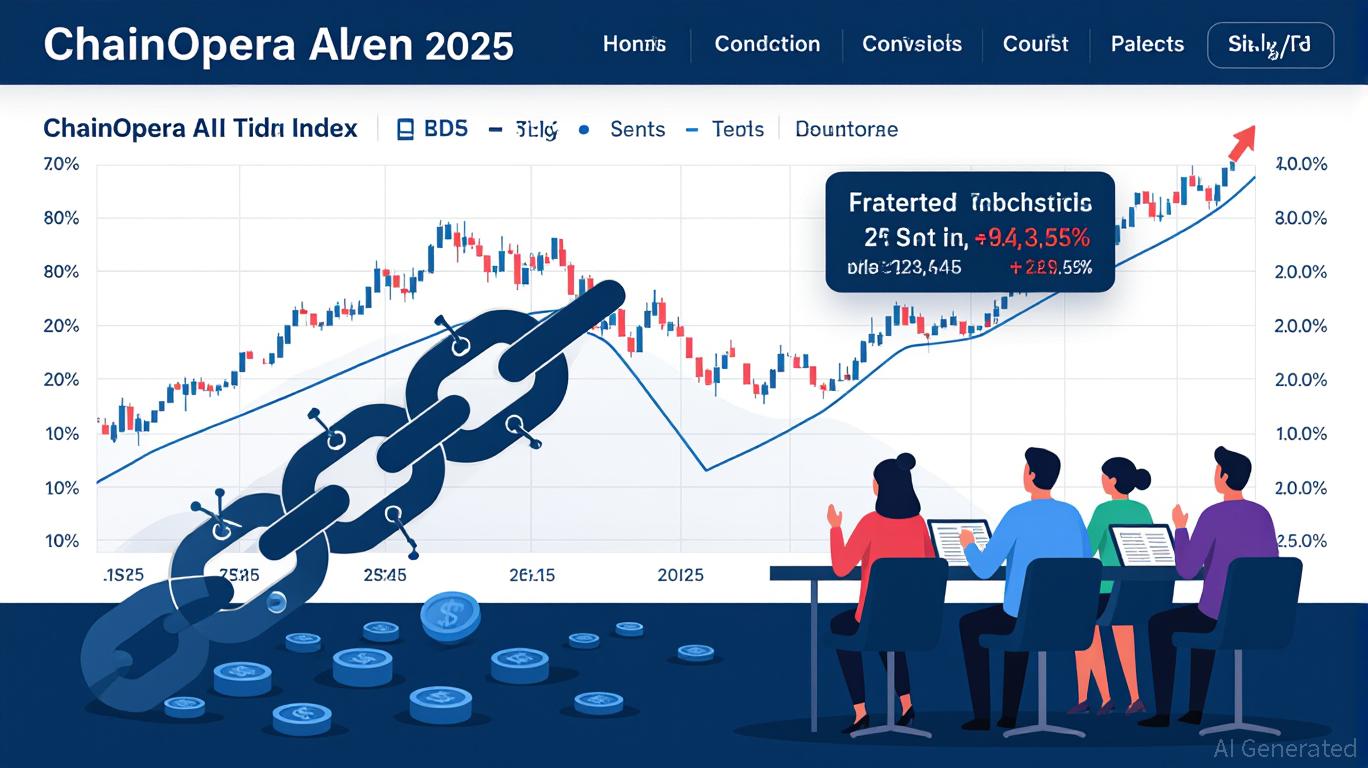- IBM introduces its most advanced quantum chip: Nighthawk
- It currently runs ~5,000 two-qubit gates, aiming for 15,000 by 2028
- Experts say cracking RSA-2048 still requires nearly a million qubits
IBM has just unveiled Quantum Nighthawk, its most advanced quantum chip to date. Designed as part of the company’s broader quantum roadmap, Nighthawk already supports around 5,000 two-qubit gates, with plans to triple that performance to 15,000 by 2028.
This development is significant in the computing world, but it’s also catching attention in the crypto space. The ability of quantum computers to solve complex problems faster than traditional systems poses a potential threat to encryption technologies—especially those securing digital assets and cryptocurrencies.
What It Means for Crypto Security
Naturally, the crypto community is alert. Encryption protocols like RSA-2048, which are widely used in securing blockchain data and online transactions, could theoretically be broken by quantum machines.
However, experts are quick to calm fears. Cracking RSA-2048 encryption isn’t something that will happen anytime soon. It would require an operational quantum computer with nearly a million qubits—a figure far beyond current or near-future capabilities. IBM’s Nighthawk, while impressive, is still years and several quantum leaps away from that level.
The Road Ahead for IBM and Quantum Tech
Despite the limitations, IBM’s progress is a milestone. With each advancement, the industry moves closer to realizing practical quantum computing. If trends continue, developers and cybersecurity experts will need to start preparing for a post-quantum future—where cryptographic standards may shift to withstand these powerful machines.
Still, for now, the threat remains theoretical. Quantum Nighthawk represents evolution, not revolution—at least when it comes to breaking crypto systems.
Read Also :
- Circle Eyes Native Token Launch on Arc Network
- IBM Unveils Quantum Nighthawk Chip, Sparking Crypto Security Talk
- Ethereum’s Rollercoaster Year: Crash, Surge, and Stabilization
- Arthur Hayes Urges ZEC Holders to Self-Custody




